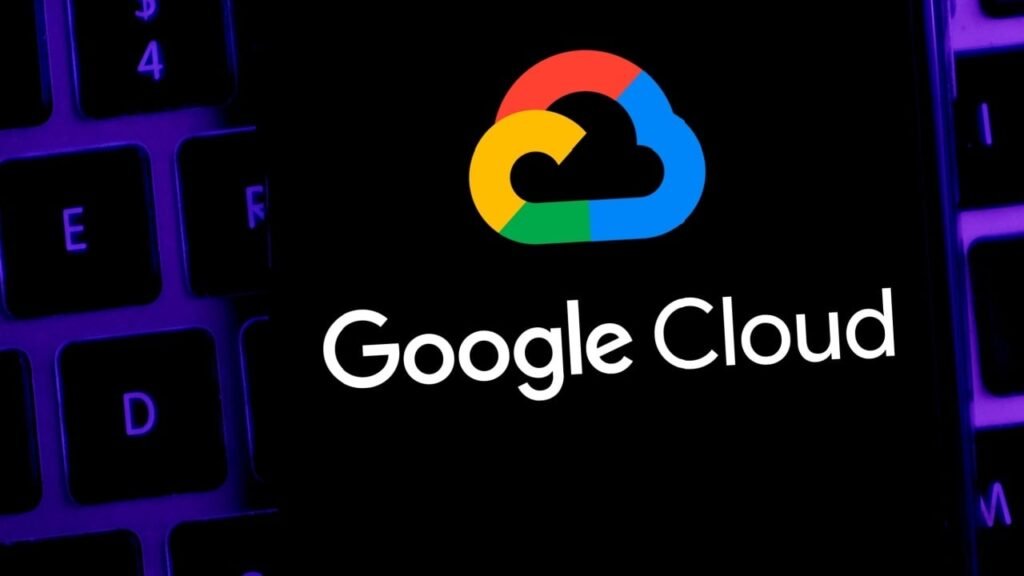Google Cloud Unveils Universal Ledger: Transforming Financial Infrastructure
In 2024, the financial landscape witnessed a monumental shift with the surge of stablecoins, culminating in Google Cloud’s launch of its Universal Ledger (GCUL). This innovative platform marks a significant milestone in digital asset management and payment processing, especially tailored for banks and financial institutions. As stablecoins processed over $30 trillion in transactions, it became evident that the traditional infrastructure was not equipped to handle this influx efficiently. GCUL promises to bridge this gap by modernizing financial operations, enhancing compliance, and streamlining digital asset settlement.
The Stablecoin Phenomenon
Stablecoins have gained prominence as a reliable medium of exchange, providing the stability of fiat currencies while facilitating blockchain transactions. In 2024, they processed $30 trillion in transactions, highlighting their growing acceptance in the mainstream financial ecosystem. This surge has prompted institutions to reassess their digital strategies, ensuring they remain competitive in an era defined by rapid technological change. The importance of a robust infrastructure has never been more apparent, paving the way for Google Cloud’s groundbreaking solutions.
Introducing the Universal Ledger
The Universal Ledger (GCUL) is Google Cloud’s answer to the challenges posed by the massive growth of stablecoins and the need for a more efficient financial framework. Designed to be programmable and compliance-ready, GCUL offers an agile platform that allows banks and institutions to integrate digital assets seamlessly into their operations. This innovative ledger not only simplifies transactions but also adheres to regulatory standards, making it a reliable choice for entities operating in the highly regulated financial sector.
Enhancing Compliance and Security
One of the standout features of GCUL is its commitment to compliance and security. In an environment where financial regulations are constantly evolving, having a compliant platform is crucial for institutions. GCUL incorporates built-in compliance features, ensuring that transactions meet the necessary legal and regulatory requirements. This level of oversight not only mitigates risks but also fosters trust among users, making it an attractive option for financial institutions wary of potential regulatory pitfalls.
Modernizing Payment Frameworks
Beyond compliance, GCUL aims to revolutionize payment frameworks. Traditional financial systems often suffer from inefficiencies, leading to delays and increased transaction costs. By leveraging the capabilities of blockchain technology, GCUL enhances transaction speeds and reduces costs associated with payment processing. This modernization is critical for banks looking to optimize their operations and provide customers with faster, more reliable services.
Future-proofing Financial Institutions
As the financial sector continues to evolve, future-proofing against emerging technologies is essential. GCUL provides financial institutions with the tools needed to adapt to changing market dynamics. By embracing a contemporary infrastructure, banks can not only enhance their current offerings but also explore new revenue streams through the integration of digital assets. The ability to innovate and remain agile, in an increasingly competitive landscape, will determine the success of financial institutions going forward.
Conclusion
The unveiling of Google Cloud’s Universal Ledger (GCUL) represents a pivotal moment in the evolution of financial infrastructure. As stablecoins continue to shape the future of payments and transactions, GCUL provides a promising solution for banks and institutions looking to modernize their operations. With its focus on compliance, security, and efficiency, GCUL positions itself as a leader in the digital asset arena. Moving forward, institutions that embrace this innovative platform will be better equipped to navigate the challenges and opportunities presented by the digital future.


